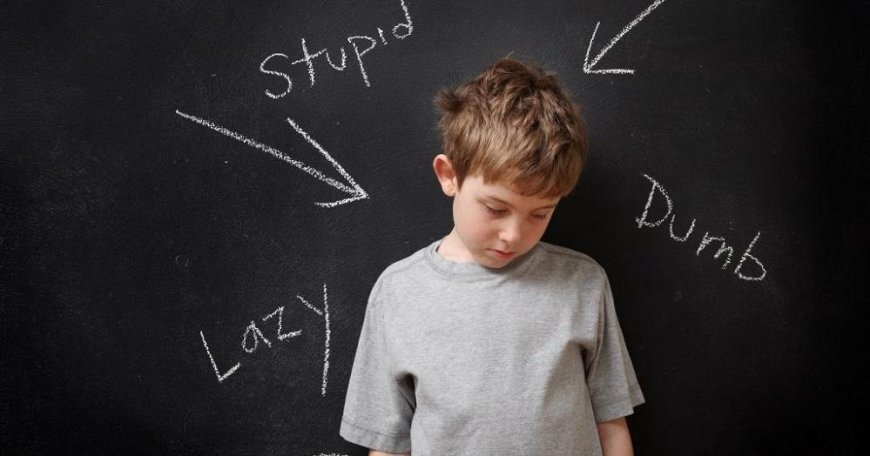Low self-esteem in children - warning signs
Low self-esteem can cause children to acquire certain developmentally inadequate attitudes and behaviors. Read our article today to

Low self-esteem can cause children to acquire certain developmentally inadequate attitudes and behaviors. Read our article today to find out more about this issue.
It is extremely important that our children learn to love themselves and see themselves in a positive light so that they can grow up and become healthy and happy adults. But unfortunately, many children do not achieve this. In this article, we share a few warning signs that your child is having low self-esteem.
Low self-esteem includes experiencing feelings of inferiority, insecurity, failure, fear, and guilt, among others. It can make children behave in a way that hampers their optimal development.
Low self-esteem in children - the most common warning signs
According to psychologist, many characteristic symptoms, traits or attitudes mean that a child may have low self-esteem. Here are some specific signs to look out for.
However, it should be remembered that each child behaves differently depending on, among other things:
- Character traits
- Life experience
- Role models or people to lead by example
- Excessively complaining and critical attitude of parents
Children with low self-esteem tend to complain and criticize everything because they feel dissatisfied when things don't go their way. This attitude can lead to rejection by those around you. Consequently, it makes them feel misunderstood and underestimated by others. This is how they victimize themselves.
Need to get attention
Such children constantly strive to attract the attention of others, especially adults, in order to feel well and feel approved. However, that doesn't usually work, which only frustrates or upsets them.
You need to keep winning
Such children have a pathological need to win any game, competition or activity. They don't just value fun and pleasure. They only want to be the best because they think it will make them more loved and accepted. Therefore, such children:
- They don't accept failure.
- They overly brag about their victories.
- They are terrified of failure and mistakes.
Moreover, these children tend to avoid taking risks because of the fear of making mistakes. In this way, they only answer a question or perform a task when they know for sure that they will do it right.
Must Read: Teaching children problem-solving skills
This uncertain attitude prevents them from developing their creativity. In addition, they may be overly anxious or anxious about homework or tests in class, which may result in failing to do homework or giving away blank pages.
Introverted and unsociable attitude
Low self-esteem in children translates into poor social skills because they are afraid to reveal what they are. As a consequence, this leads to difficulties on the following levels:
- Interaction with peers.
- Making close friends.
- Sadness and discouragement
Children with low self-esteem tend to be sad and discouraged. This means that:
- They rarely smile.
- They are demotivated.
- They are characterized by a lack of spontaneity.
- They are devoid of vitality.
Perfectionism
Children with low self-esteem tend to be too slow to complete certain activities or exercises because they never feel satisfied with what they are doing.
So they constantly try to improve and improve the results of their work. Consequently, they are not efficient and productive because they invest the same amount of time in essential tasks as well as in irrelevant ones.
Aggressiveness
To compensate and hide their uncertainty and fears, such children may be aggressive, defiant and inappropriate. In other words, they tend to be defensive towards others. As a consequence, their social interactions are disturbed.
Need for acceptance
Children who have negative self-esteem want to be constantly accepted by others. Therefore, they are constantly looking for recognition and appreciation of others, usually from their role models (mother, father, teachers, etc.). . This is due to:
- First, strong uncertainty.
- Second, lack of trust.
In addition, there is also the fear of coping with one's own feelings and the inability to independent, objective self-assessment.
